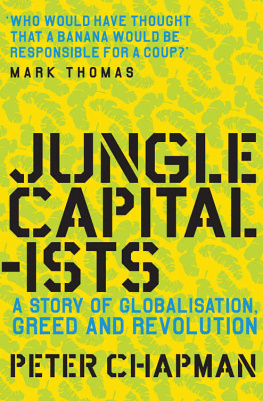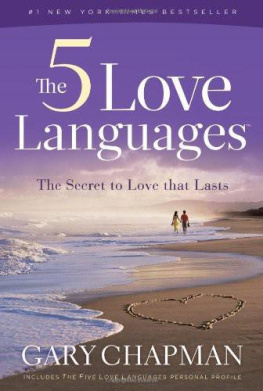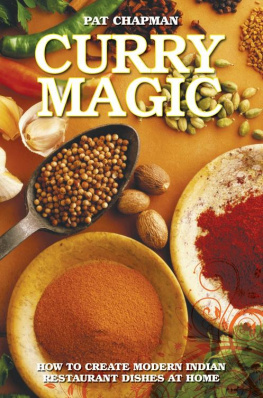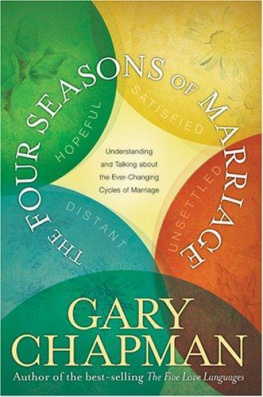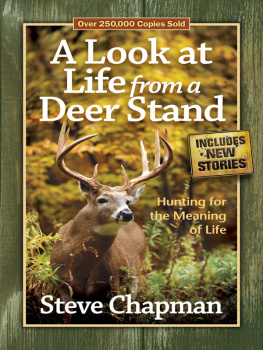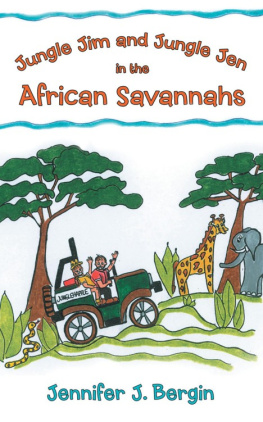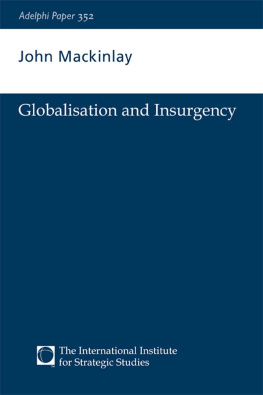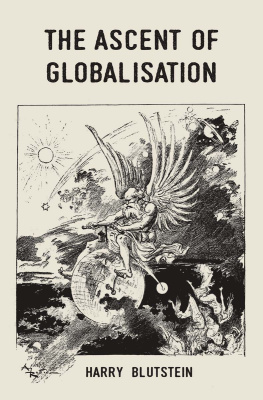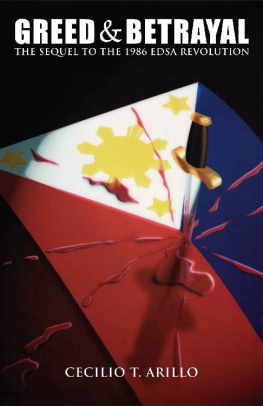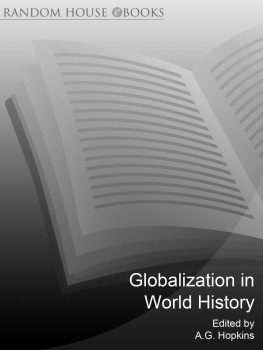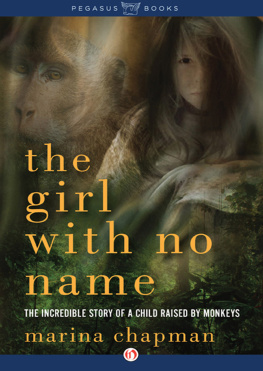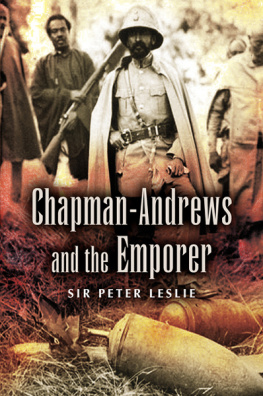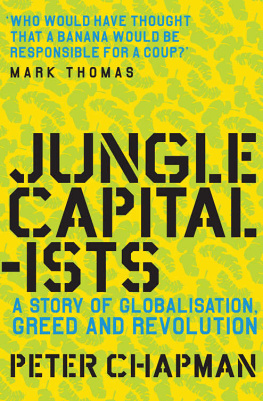Chapman - Jungle capitalists: a story of globalisation, greed and revolution
Here you can read online Chapman - Jungle capitalists: a story of globalisation, greed and revolution full text of the book (entire story) in english for free. Download pdf and epub, get meaning, cover and reviews about this ebook. City: New York;Edinburgh;South America, year: 2009, publisher: Canongate Books, genre: Detective and thriller. Description of the work, (preface) as well as reviews are available. Best literature library LitArk.com created for fans of good reading and offers a wide selection of genres:
Romance novel
Science fiction
Adventure
Detective
Science
History
Home and family
Prose
Art
Politics
Computer
Non-fiction
Religion
Business
Children
Humor
Choose a favorite category and find really read worthwhile books. Enjoy immersion in the world of imagination, feel the emotions of the characters or learn something new for yourself, make an fascinating discovery.
- Book:Jungle capitalists: a story of globalisation, greed and revolution
- Author:
- Publisher:Canongate Books
- Genre:
- Year:2009
- City:New York;Edinburgh;South America
- Rating:5 / 5
- Favourites:Add to favourites
- Your mark:
- 100
- 1
- 2
- 3
- 4
- 5
Jungle capitalists: a story of globalisation, greed and revolution: summary, description and annotation
We offer to read an annotation, description, summary or preface (depends on what the author of the book "Jungle capitalists: a story of globalisation, greed and revolution" wrote himself). If you haven't found the necessary information about the book — write in the comments, we will try to find it.
Jungle capitalists: a story of globalisation, greed and revolution — read online for free the complete book (whole text) full work
Below is the text of the book, divided by pages. System saving the place of the last page read, allows you to conveniently read the book "Jungle capitalists: a story of globalisation, greed and revolution" online for free, without having to search again every time where you left off. Put a bookmark, and you can go to the page where you finished reading at any time.
Font size:
Interval:
Bookmark:
To Marie, Alex and Pepe

Selected characters in order of appearance:
Eli Black: Last chief of United Fruit, his suicide in 1975 prompted a furious reaction against the company.
United Fruit Company: Multi-national colossus, famously known as the Octopus. Mysteriously disappeared following Eli Blacks death.
Fidel Castro: Cuban guerrilla, upbringing paid for by United Fruit, which leased land to his father to grow sugar. Seized power in 1959 viewing the company as a grave social problem.
Gabriel Garca Mrquez: Nobel Prize-winning author, born in the companys Colombian banana zone near the time of the 1928 Santa Marta massacre.
Anastasio Somoza: Dictator of Nicaragua, deposed in 1979, whose family had enjoyed for many years a close confluence of interests with the company.
Carmen Miranda: Brazilian entertainer. Enjoyed huge popularity in the US during the Good Neighbor years of the 1930s and 40s and inspired many in her tutti-frutti hat.
Dr Jos Mara Castro: Nineteenth-century president of Costa Rica whose wife, Pacfica, designed the national flag and whose daughter, Cristina, married United Fruit boss Minor Keith.
General Toms Guardia: Brought the railroad to Costa Rica in the 1870s and inadvertently opened the way to United Fruit.
Minor Keith: Keeper of the company store in Costa Rica who went on to lead the company in the early twentieth century as the uncrowned king of Central America.
Andrew Preston: Joined with Minor Keith in 1899 and ran United Fruit from its headquarters in Boston, Massachusetts.
General Manuel Estrada Cabrera: Dictator of Guatemala who seized power in 1898 and ceded much of it to United Fruit six years later.
Samuel Zemurray: The Banana Man. Organised the Honduran invasion of 1911 and was central to company affairs for over forty years.
Theodore Roosevelt: US president who shared United Fruits expansionist views in the early twentieth century. Argued with the company during the building of the Panama Canal.
O. Henry: Author, coined the term banana republic in 1904 and portrayed US presence in Central America as a life of loveable rogues.
General Manuel Bonilla: Honduran dictator, deposed in 1907. Restored to presidency by Zemurray afer 1911 invasion.
Lee Christmas: Led the 1911 invasion of Honduras alongside his colleague Guy Machine-gun Molony.
Woodrow Wilson: US president,191321, who crossed swords with United Fruit and its well-bred Boston allies.
John Foster Dulles: Took a close interest in United Fruit affairs in Central America from the First World War and became its legal adviser. Went on to be US secretary of state in the 1950s when his brother Allen Dulles led the Central Intelligence Agency (CIA); both instrumental in the 1954 overthrow of Guatemalas elected government, which had made enemies of United Fruit.
General Jorge Ubico: Guatemalan Bonapartist dictator who in the 1930s allowed United Fruit to spread across the Central American isthmus to the Pacific.
Franklin D. Roosevelt: US president, 193345, who wanted to boost trade between the US and Latin America to help alleviate the economic Depression of the 1930s. Furious with United Fruit for its preference for doing business with Nazi Germany.
General Smedley Butler: Marine, unmasked a big-business plot against President Franklin D. Roosevelt in the 1930s. Blamed himself for the rape of the Central American republics.
Edward Bernays: Self-professed propaganda guru, the Father of Public Relations. Orchestrated 1950s US public opinion for the overthrow of Guatemalas elected government.
Senator Joseph McCarthy: US investigator of the 1950s red menace. Shared the companys world view.
President Jacobo Arbenz: Guatemalan leader, adversary of the company and deposed in the 1954 coup. Alleged to be dominated by his radical wife, Mara.
E. Howard Hunt: Ubiquitous CIA man whose career closely paralleled that of United Fruit in the 1950s and 60s. Jailed in the 1970s for his role in the Watergate scandal.
Jos Pepe Figueres: Costa Rican democratic leader who invited United Fruit to pay for his countrys welfare state, and got away with it.
Jack Peurifoy: Brash US ambassador who supervised the 1954 coup from the Guatemalan end.
Richard Nixon: US vice-president in the 1950s. Went on to be president and resigned in 1974 as a result of Watergate.
Ernesto Che Guevara: Tried to rally armed resistance to the company in Guatemala before making off to join Fidel Castros guerrillas preparing their effort to take power in Cuba.
John F. Kennedy: US president who assumed office in 1961 and failed, shortly after, to give full backing to United Fruit and others at the Bay of Pigs invasion of Cuba. Assassinated in 1963.
Jimmy Carter: US president,197781, who advocated improved human rights in Central America. Regarded at home as a weak leader.
General Omar Torrijos: Panamanian leader and opponent of United Fruit. Negotiated to have the US cede control of the Panama Canal. Died in a plane crash in 1981.
Ronald Reagan: US president in the 1980s who fought the Cold Wars last battle on United Fruits old Central American territory.
John Negroponte: US ambassador in 1980s Honduras who said he was not turning the country into an armed camp. Led a successful diplomatic career and came out of retirement for the 2003 Iraq invasion and aftermath.
A policeman called to the spot spoke of the selfishness of jumpers. Locked in their own minds, they didnt think of anyone down below. This one killed himself in the Manhattan rush hour and could have taken any number of people with him. Glass fell amid the traffic, the body itself landing near a ramp used by vehicles of an office of the US postal service. Postmen came out to help emergency workers clear up.
At dawn on Monday, February 3, 1975 a man had thrown himself from the forty-fourth floor of the Pan-American building on New Yorks Park Avenue. The jumper was soon identified as Eli Black, aged fifty-three and head of United Brands, a large food corporation. A little over five years earlier, after one of the largest ever share deals on the US stock market, Black had taken over the United Fruit Company. He had absorbed one of the most famous if not infamous companies in the world into the United Brands group.
United Fruits business was bananas. From bananas it had built an empire. The small states of Central America to the south of the US had come to be known as the banana republics: Guatemala, El Salvador, Honduras, Nicaragua, Costa Rica and Panama. United Fruits reach extended to Belize former British Honduras and to Caribbean islands such as Jamaica and Cuba. In South America, Colombia and Ecuador had come under its sway. A company more powerful than many nation states, it was a law unto itself and accustomed to regarding the republics as its private fiefdom.
Why then had Black killed himself? Business was not thriving. A new banana disease had struck United Fruits plantations in the early 1970s. The Middle East war of October 1973 had taken its toll on company fortunes: OPEC, the cartel of oil-producing countries, had multiplied the price of oil several times, which had hit the world as a whole but had had a particular effect on United Fruit. Latin Americas banana-producing countries had set up a cartel of their own: UPEB, the union of banana-exporting countries. UPEB had promptly declared banana war on United Fruit to get more money out of the company. From the money it made, United Fruit had always paid the producers the bare minimum. In 1974 nature had taken a hand. Hurricane Fifi had devastated the companys plantations in Honduras. Hurricanes were an occupational hazard in banana farming but Fifi was of unprecedented force a wind of near biblical proportion. All these factors had contributed to United Fruits current malaise.
Font size:
Interval:
Bookmark:
Similar books «Jungle capitalists: a story of globalisation, greed and revolution»
Look at similar books to Jungle capitalists: a story of globalisation, greed and revolution. We have selected literature similar in name and meaning in the hope of providing readers with more options to find new, interesting, not yet read works.
Discussion, reviews of the book Jungle capitalists: a story of globalisation, greed and revolution and just readers' own opinions. Leave your comments, write what you think about the work, its meaning or the main characters. Specify what exactly you liked and what you didn't like, and why you think so.

